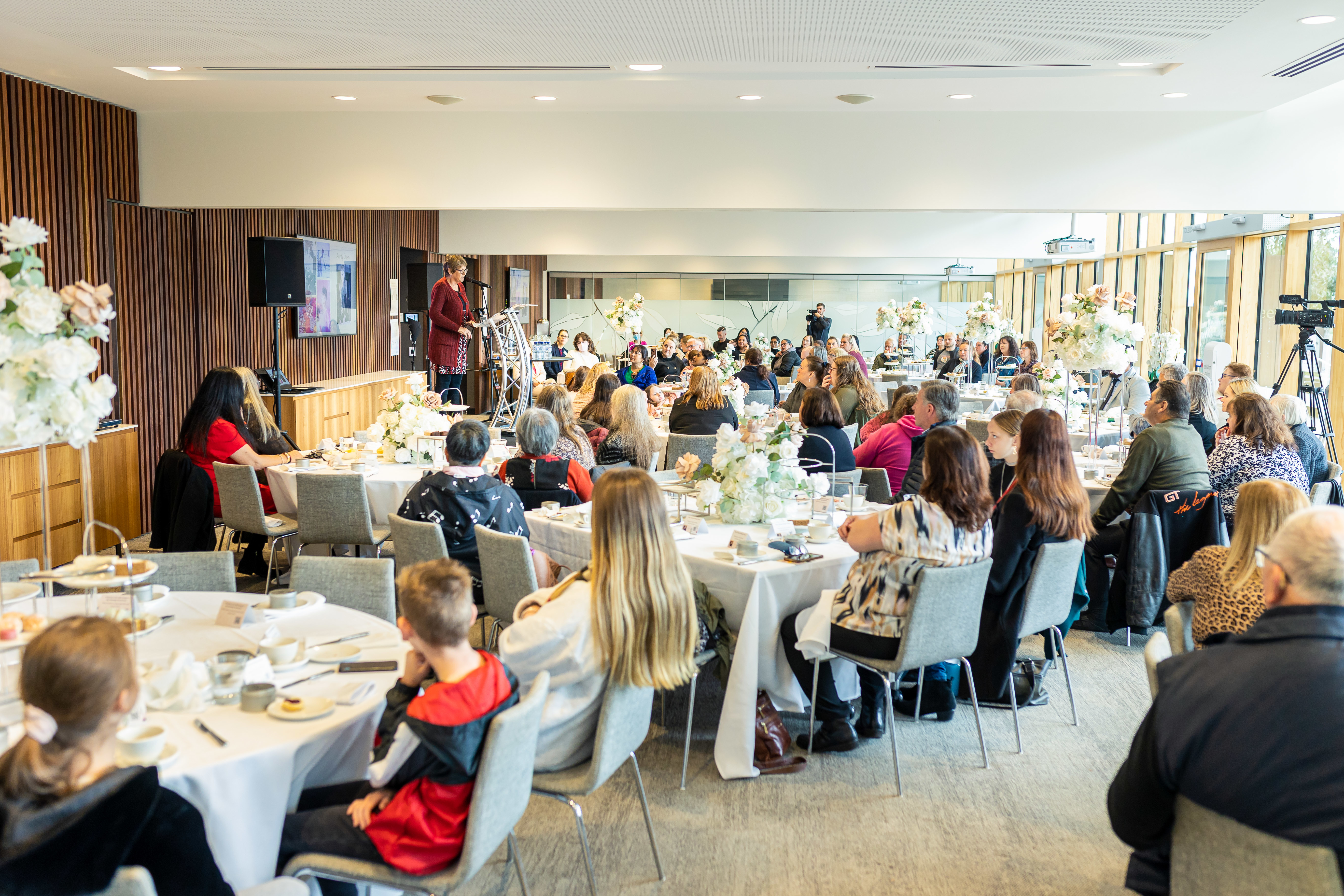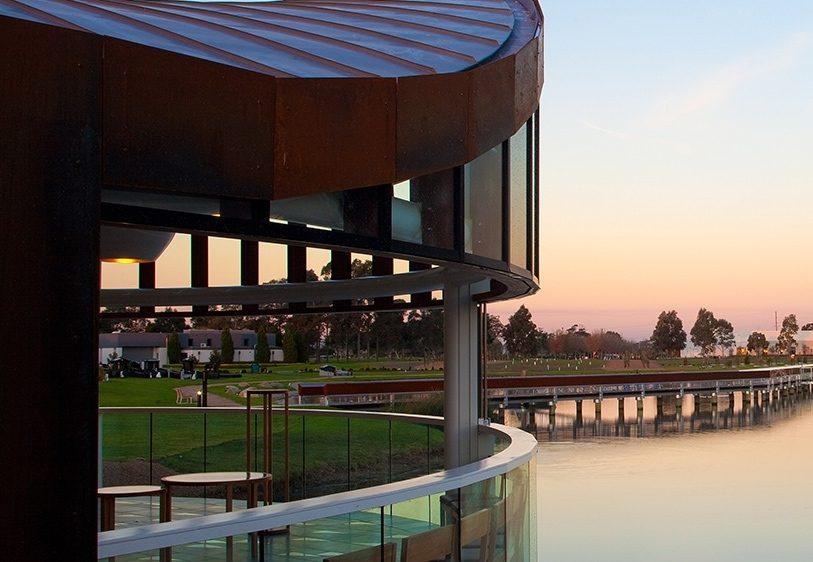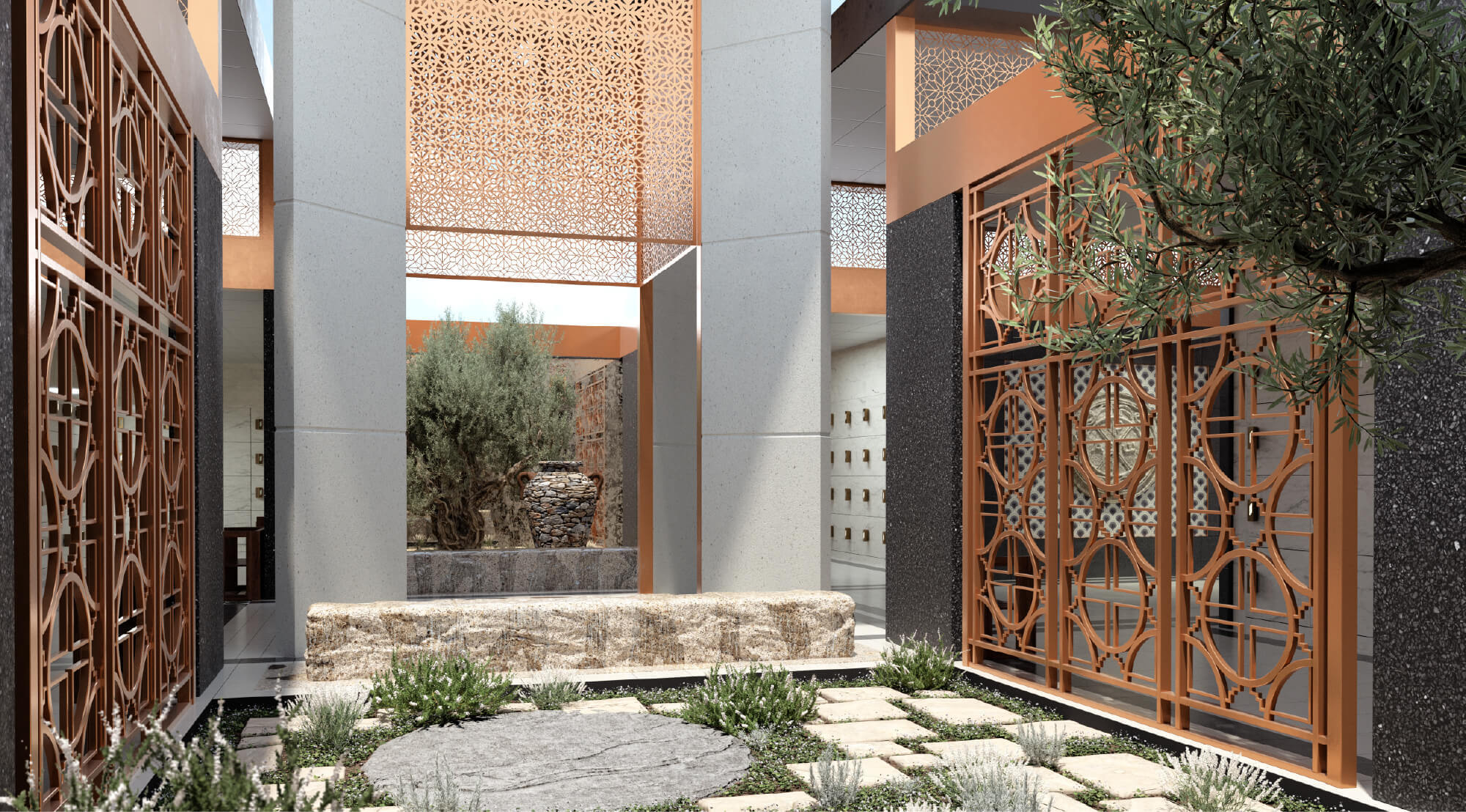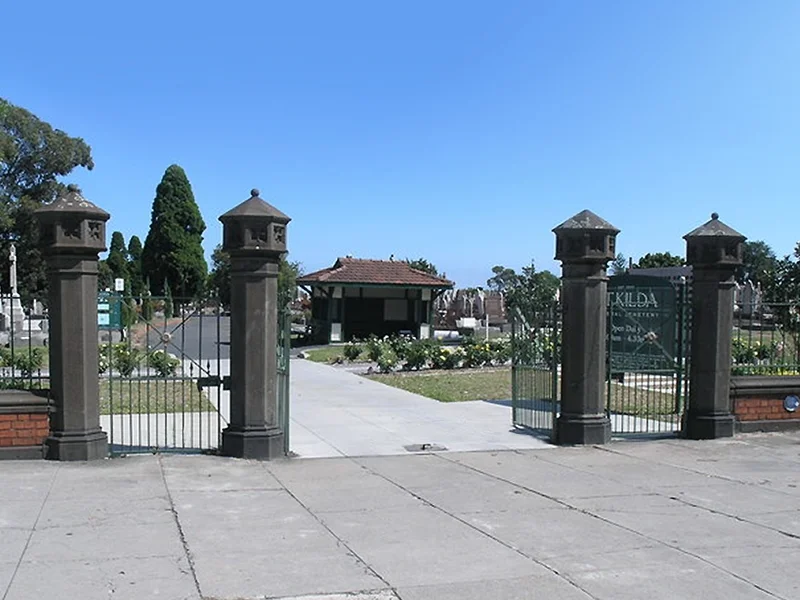Dr. Wolfelt interview with Jane Grover

Dr. Alan Wolfelt is a respected author, educator and consultant for the funeral service. Below is an excerpt of a recent interview with Southern Metropolitan Cemeteries Trust CEO - Jane Grover, published in ICCFA Magazine.
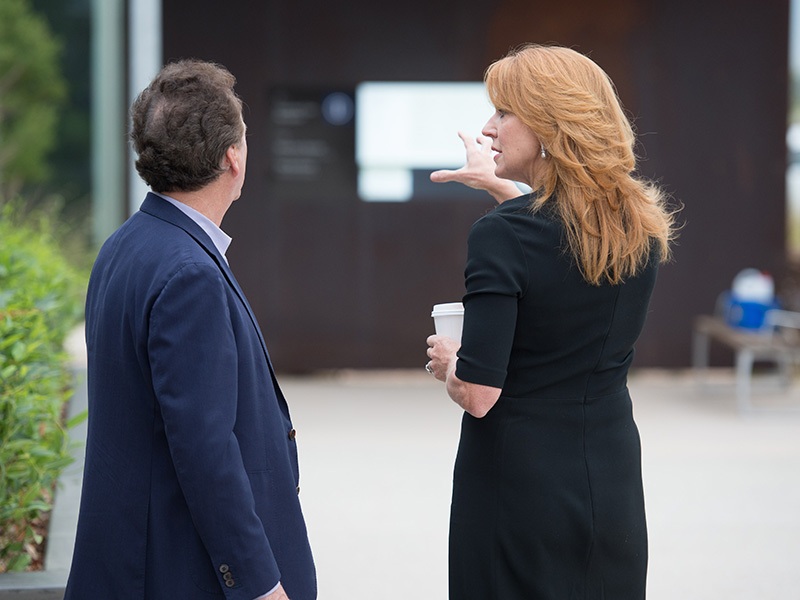
Funeral directors are often urged to evolve. What about cemeterians? Australia's Southern Metropolitan Cemeteries Trust has been listening to families and making sure it meets the needs to today's families.
Transforming the power and purpose of cemeteries, part 2: More Lessons from Down Under
In the May 2018 issue of ICCFA Magazine, I presented an interview with Jane Grover, CEO of Australia’s Southern Metropolitan Cemeteries Trust(SMCT), in which I sought to find out how her cemetery organization is reinventing itself to exceed contemporary families’ expectations, meet their essential mourning needs and thrive. I received many responses to the article, and it was clear readers wanted more information. So I asked Jane some additional questions and am happy to share her answers with you here. Let’s listen and learn.
Where do you find the right employees to offer more customized and meaningful service experiences?
We deliberately recruit for values and look for team members who display empathy and have a service orientation. We look for talent broadly and don’t focus on hiring from within. We then develop and train new team members on “the way
things are done around here.”
However, team members’ personal values are also central to providing care and compassion. You stated you wish to create a “bespoke,” or customized, experience for the families you serve. What sort of employee orientation and training do you use to achieve this result?
SMCT always starts with our operating philosophy: The customer is at the heart of
everything we do. We take an enterprise approach, understanding that every touch
point in the process impacts the customer experience. In our trainings, we focus on all the major touch points, getting the basics right. Our people must be aligned to the right roles. Our processes must support the employees and customers. Our employee values must be clearly articulated. It all boils down to keeping the customer front and center.
However, the tone and the leadership of any organization is central to lifting the service, setting a new horizon and sustainability. Without the fundamentals of leadership, any organization will drift.
How do you measure client-family satisfaction, and what do you learn from this process?
We collect data from two significant touch points, and this is used to improve and enhance service. We use iPads throughout our locations to capture around 500 customer surveys a month. We have very good data to identify trends, make decisions and target feedback that needs more exploration. Our latest Net Promoter Score (NPS), which measures how likely a family is to recommend the services of this organization, is 78.
Twice yearly we also conduct a Net Easy Score, which asks partner funeral directors
how easy it is to do business with SMCT. Our latest score was 83.
Funeral directors in communities you serve rely wholly or in part on SMCT to provide facilities and cremation services. Why don’t these funeral directors perceive you as a competitor?
Some funeral directors may see our services as competition, but most see them as
complementary. There is definitely a clear delineation between the services that a funeral director can provide and what SMCT is allowed to provide. As a purposed organization, we provide free pauper burials, children’s graves at cost and free interment of veterans’ ashes as well as many more services that commercial organizations would not provide. There must always be a balance about the kind of society we want and providing for those in our community who are less fortunate.
In the US, I have witnessed that many people in funeral service are slow to change and meet the needs of today’s families, who are questioning the value of funerals. Are some folks in death care threatened by how progressive you are in making changes and adapting to the new customer?
The training that you facilitated in Scottsdale, Arizona, reinforced the importance of change. As has been said of evolution, it is not the strongest species that survive nor the most intelligent, but the most responsive to change. When it comes to innovation, SMCT looks externally, not internally. We challenge our dominant logic about the sector and who we are as an organization. Cutting prices is a clear race to the bottom, and no one benefits. When you cut costs and services, the community is impacted by unreconciled grief, the funeral directors devalue the services they provide and the suppliers suffer from lower revenue. Our increased visitation, favorable feedback from our customers, strong NPS and significant increase in revenue offer powerful evidence that we are on the right track. These measures clearly indicate that the community values the changes we have made, and they are demonstrably responding.

Please tell me more about your food and beverage service. How important do you think the food and beverage element is to your overall strategy of bringing people into the cemetery?
Customized, licensed food and beverage is a critical component of our brand experience and an expression of care, love and cultural identity. All of our service offerings are available 365 days a year. We operate in the experience economy, so this is one of our platforms to connect with our multicultural communities’ customs and traditions. Funeral directors appreciate the range of menu options because the families they serve have so many choices. Our cafés connect families, providing a place to rest, reflect and share stories. They also help us build long-term relationships with the community. Many people come to our cafés regularly just to dine. Our facilities are also used by local businesses during non-core operating hours, building relationships and demystifying the cemetery and funeral sector, which has long been steeped in secrecy.
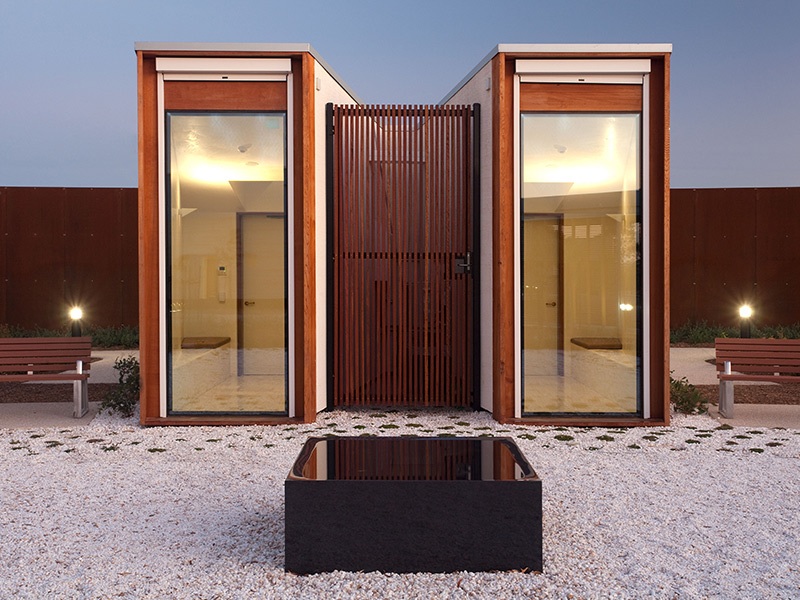
Please tell me more about the “solace rooms” in your facilities.
The solace rooms at Bunurong Memorial Park offer a quiet place for contemplation, meditation and prayer. With the global increase in spirituality versus religion, they are spaces to pause, reflect and reorder one’s thoughts and emotions. We observed that many people would sit and reflect on the loss of a loved one, so we wanted to ensure that we offered choice, care and compassion. The solace rooms also have facilities for hand- and feet-washing, so customs and traditions are preserved.
I’m honored that you have taken a number of quotes from my writings and placed them on the walls in your arrangement rooms. Can you help my readers understand the purpose of this and what the response has been?
“Death ends a life but only alters a relationship, moving it from one of presence to one of remembrance.” This is one of my favorites. Your quotes emotionally connect the family to our organization, and this underpins our philosophy of care, compassion and companionship. It is a clear message to the family that we are here for them and this is their journey. We also have many of your books in our library at the Centre for Care & Wellbeing, and they are always checked out.
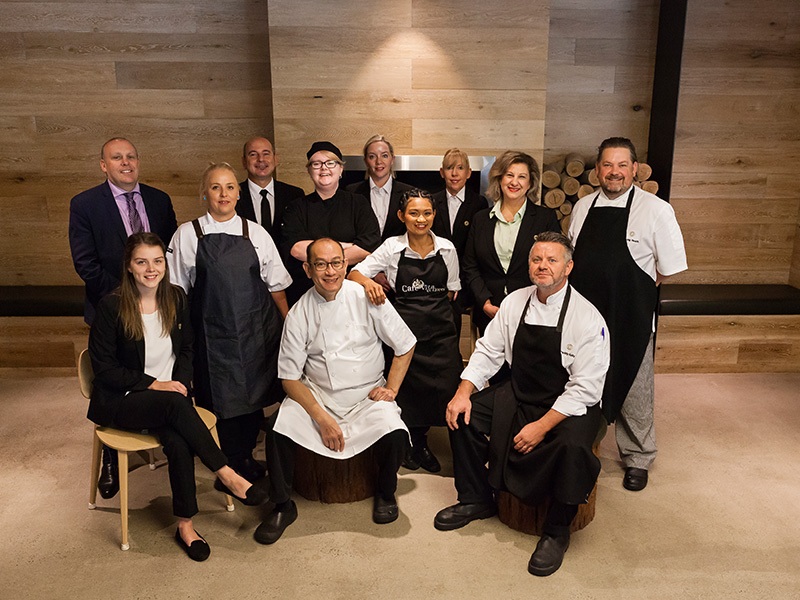
In the space of only three years you have increased revenue by 50 percent. Tell me more, please!
Our narrative is that we are here to support the living. This is a significant pivot from “burying the dead.” Springvale, our flagship cemetery, has more than two million visitors a year. There has been fantastic support for the change from Trust Chair Sue Renkin. We have invested in people and infrastructure, developing multi-use assets (shared platforms) in line with the global conditions reflecting the shared and experience global economy. The organization is now working as an enterprise, so we are getting amazing results. Our people and capabilities underpin our growth and service philosophy. The organization is clearly focused on our purpose and on enhancing the service experience. We understand that the community’s expectations have changed. Service and experiences are valued. We have been working tirelessly with the multi-cultural communities, developing reflection spaces, tailoring cultural food and beverage offerings, adding florists and more. We continue to review and improve our products. Our culture is now customer-driven, not product-driven. This was a major change. Importantly, we looked outwardly, listened, harvested ideas and challenged our beliefs of what a 21st century memorial park should be.
Where do your ideas come from for your various initiatives? Consumer focus groups? Internal employees? Outside of death care?
Our strategies and initiates are from multiple sources. We have a community advisory committee composed of a broad spectrum of the people. We also look externally. The entire organisation contributes; we do a lot of listening and harvesting of ideas. And we are currently working with Monash University for the next two years on some very exciting consumer insights projects.
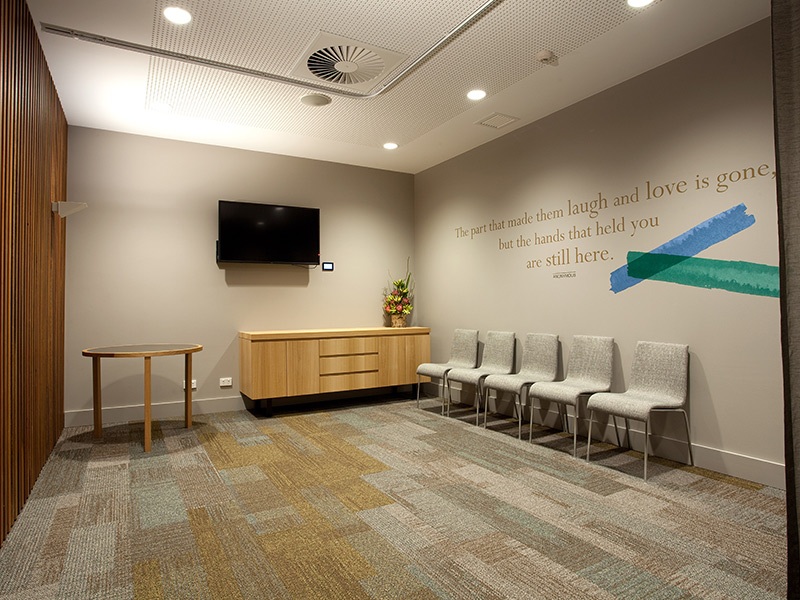
Looking back on the changes you have made in the last four years, are there lessons learned, and is there anything you would have done differently?
Words can be misinterpreted. Always check for clarification and understand that change in a traditional sector is hard. If you do not explain your strategy or direction clearly, then maybe someone else will fill that vacuum and may misrepresent your purpose or intentions. Second, it’s essential to educate the community in understanding the “whys” of funerals. They underpin our purpose, and focusing on the whys earlier in our journey would have made our road easier to navigate. But when you are forging a new path, there are always challenges that go with the territory of leadership.
Where do you see SMCT five years from now?
Our new vision statement gives us direction:
“Our beautiful, iconic locations empower all communities to honor and celebrate life. We support the living throughout their grief journeys through our innovative approach of personalized care and compassion.”
